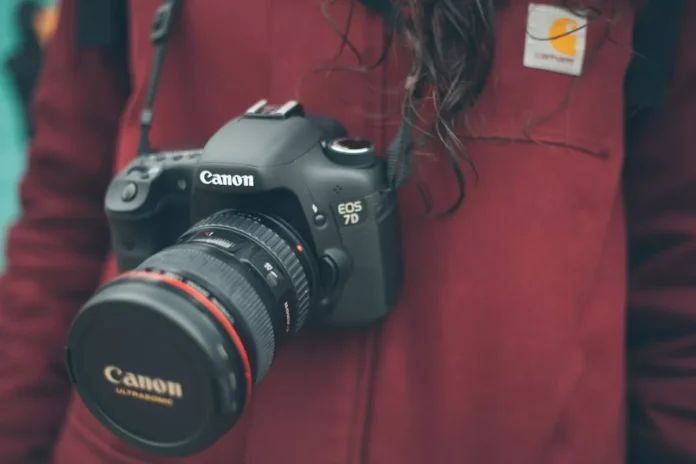The fight against organized crime is a constant battle that has been going on for decades. In the midst of this struggle, there are individuals who are working tirelessly to bring about change and create a better future for their communities. One such person is claudio La camera, an anthropologist and director of the Museo de la ‘ndrangheta, a cultural center that aims to educate and raise awareness about the mafia in southern Italy.
La camera‘s journey towards creating the Museo de la ‘ndrangheta began with his research on the ‘ndrangheta, a powerful and secretive criminal organization based in Calabria, Italy. Through his work, he discovered the intricate web of connections and influence that the mafia had in the region. However, instead of being discouraged by this reality, La camera saw an opportunity to make a positive impact.
One of the main focuses of the Museo de la ‘ndrangheta is to educate the younger generation about the dangers of organized crime. Through interactive exhibits and workshops, La camera and his team aim to break the romanticized image of the mafia and showcase the harsh reality of its impact on society. This is crucial in a region where the mafia has long been glorified and seen as a way of life.
But the impact of the Museo de la ‘ndrangheta goes beyond just educating the youth. La camera has also taken on the challenge of addressing the economic aspect of the mafia’s operations. In collaboration with local authorities, the museum has launched a program to combat the production and circulation of fake invoices, a common tactic used by the mafia to launder money. This initiative not only helps to weaken the financial power of the mafia but also promotes transparency and accountability in the local economy.
La camera‘s efforts have not gone unnoticed. In 2019, he was awarded the prestigious “Premio Libera” for his work in the fight against organized crime. This recognition is a testament to the impact that the Museo de la ‘ndrangheta has had in the community and the positive change it has brought about.
But La camera‘s work doesn’t stop at the museum. As a director of theater, he uses his artistic talents to shed light on the issue of the mafia in a unique and thought-provoking way. Through plays and performances, he brings the stories of victims and survivors to the stage, giving them a voice and raising awareness about the reality of living in a mafia-controlled region.
The success of the Museo de la ‘ndrangheta and La camera‘s efforts would not have been possible without the support and collaboration of the local community. The museum has become a hub for cultural activities, bringing people together and fostering a sense of unity and pride in their heritage. It has also become a symbol of hope for a better future, one where the influence of the mafia is no longer tolerated.
In a world where the fight against organized crime can often seem like an uphill battle, the Museo de la ‘ndrangheta stands as a beacon of hope and progress. La camera‘s dedication and passion for creating a better tomorrow have inspired many and have shown that change is possible, even in the face of such a powerful and entrenched enemy.
In conclusion, claudio La camera and the Museo de la ‘ndrangheta are shining examples of how one person’s determination and vision can make a significant impact in the fight against organized crime. Through education, community involvement, and artistic expression, they are creating a culture of anti-mafia and paving the way for a brighter future for generations to come. Let us all be inspired by their story and join in the fight against organized crime.

